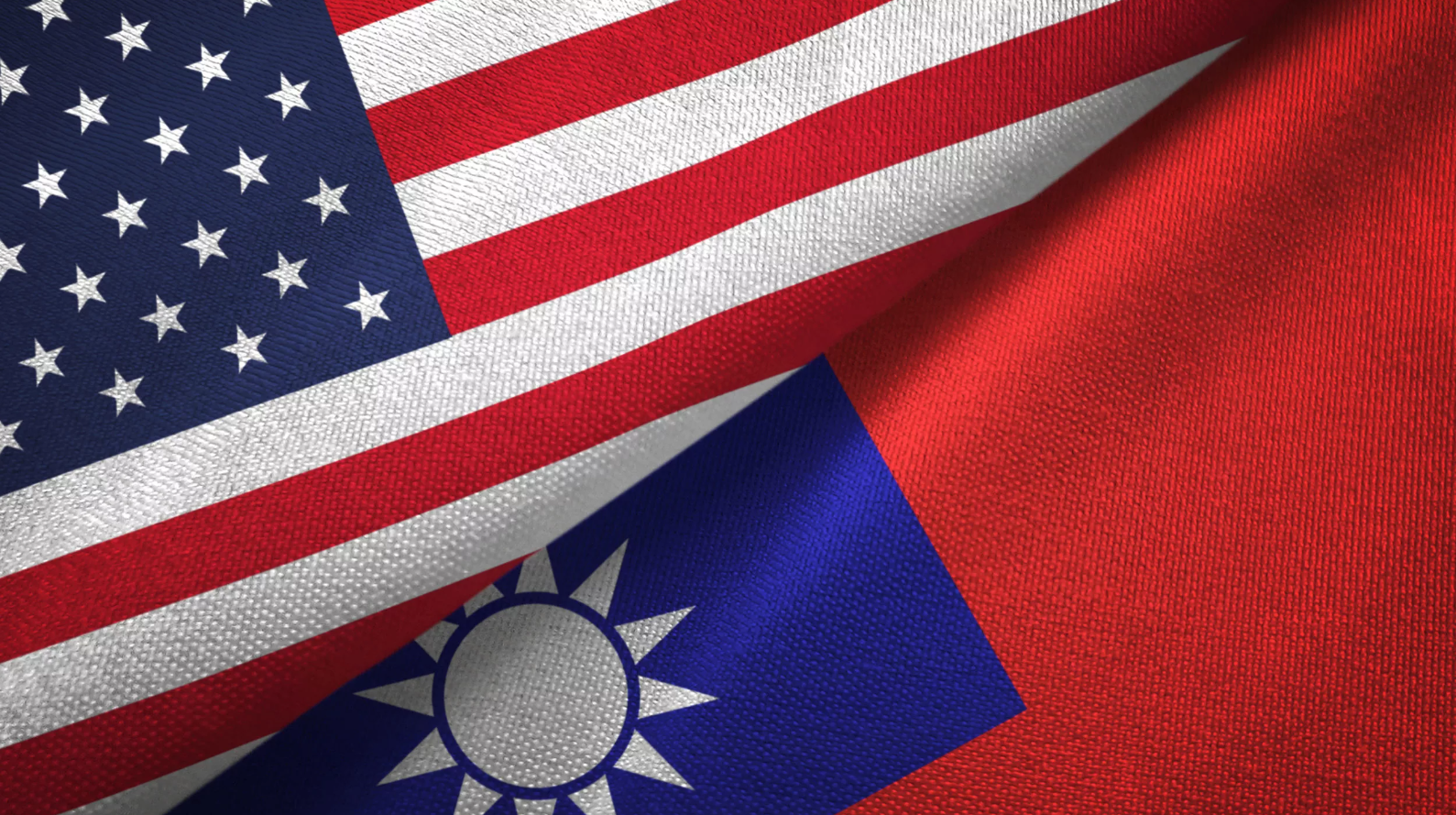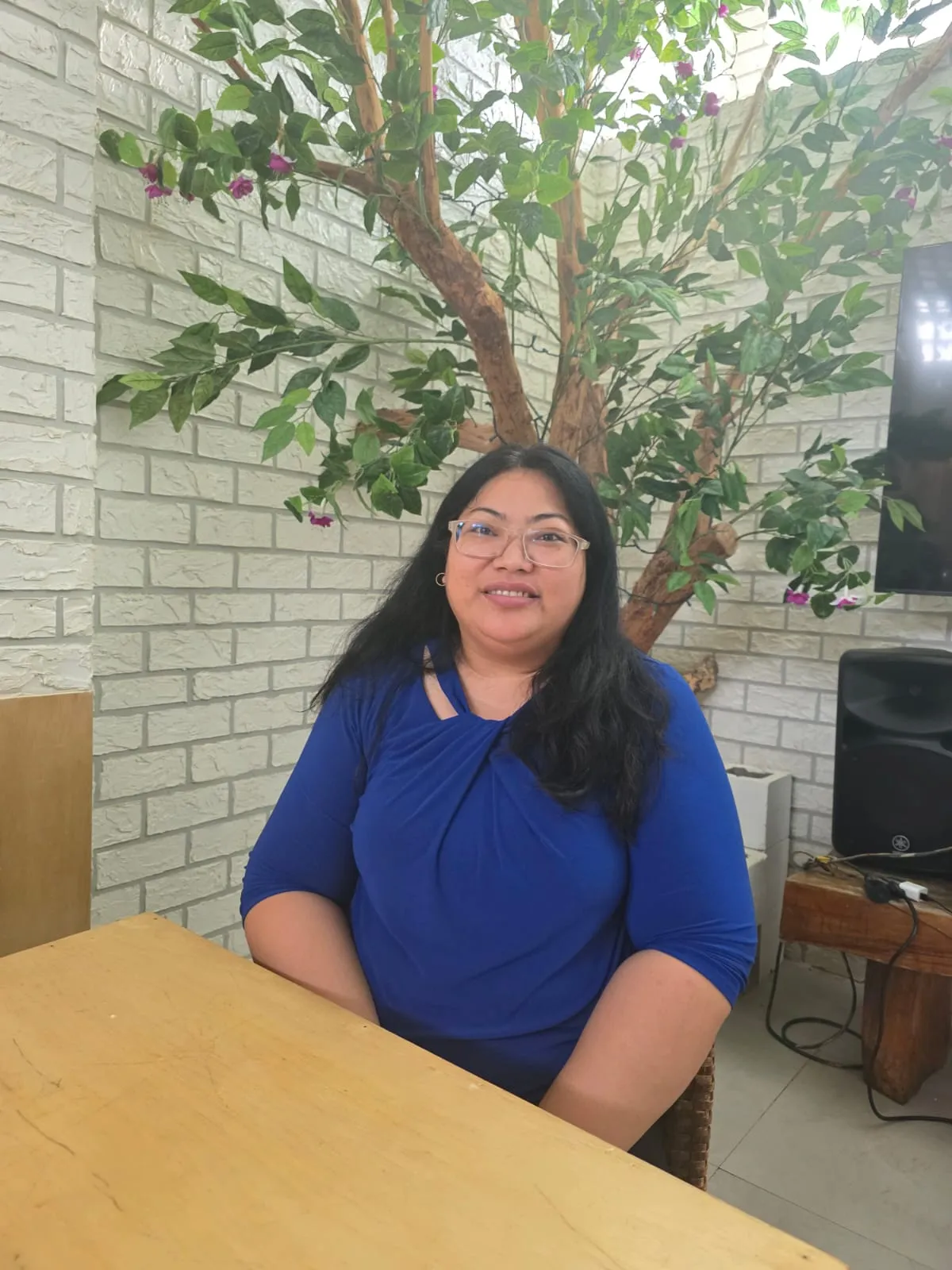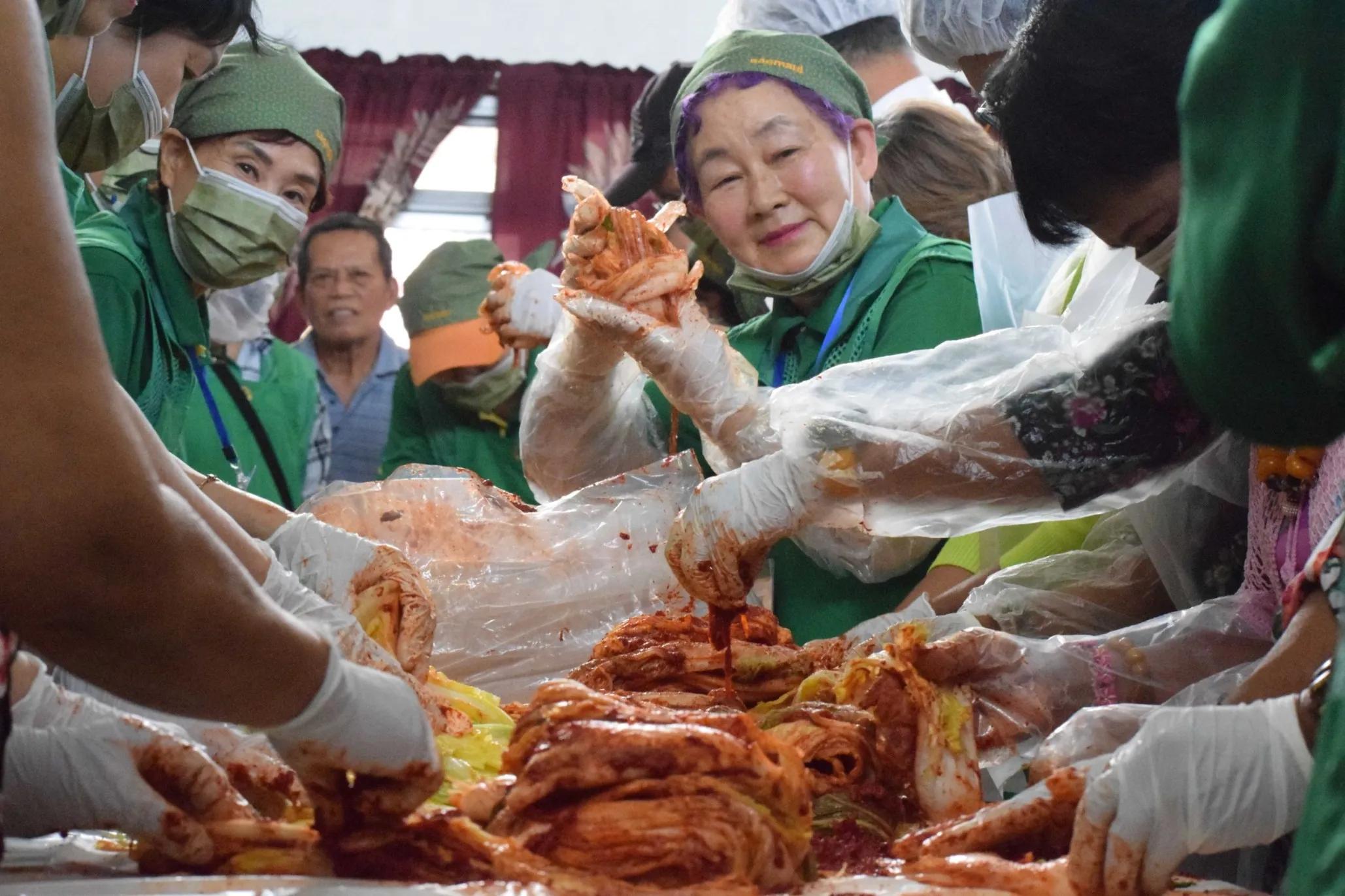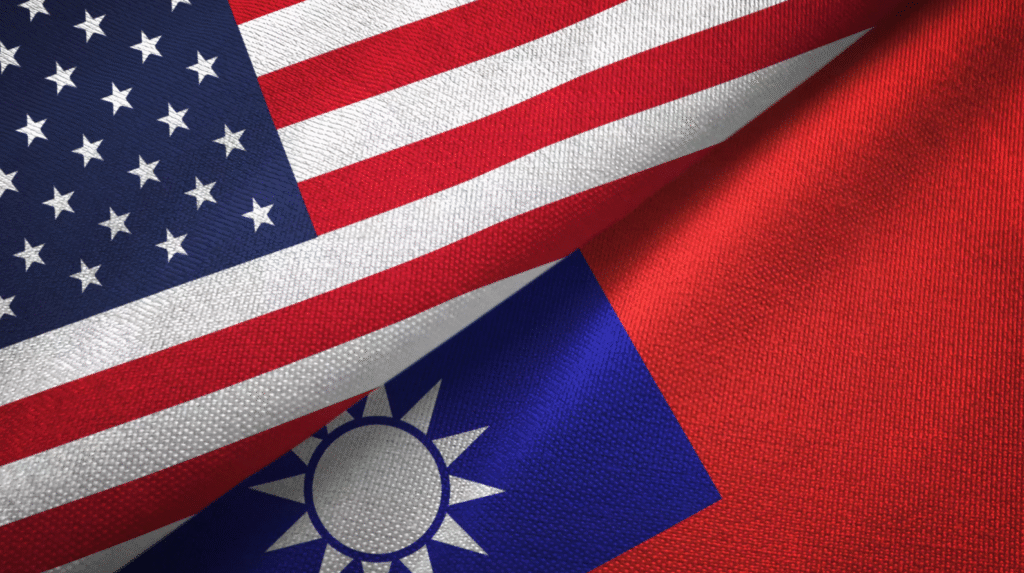
REGARDLESS of the political stance in Taiwan, I believe everyone should be aware of the threat from China. Taiwan hopes to show goodwill through negotiations, but the premise is that it cannot give up its defense power as a condition for negotiation, because when you do not have the ability to defend, it is equivalent to encouragement. The opponent hits you.
When the invasion of Taiwan can yield sufficient benefits and the costs are within China’s affordability, the invasion of Taiwan will become a reality. Therefore, Taiwan must have sufficient defense capabilities. Only by ensuring that China assesses that the attack on Taiwan will fail and will suffer heavy losses can war be avoided. Therefore, the proposal for Saipan to train Taiwan’s civil defense training is based on peace as the starting point rather than advocating war.
Taiwan’s Civil Defense needs
1. With the outbreak of the Russia-Ukraine war and the continuous intrusion of Chinese military aircraft and ships into Taiwan’s airspace, the Taiwanese people have a strong sense of crisis about the possible outbreak of a war across the Taiwan Strait. Private institutions provide paid courses in response to the possibility of a war, including: military lectures, home defense, emergency relief for wartime casualties. Tens of thousands of people have paid to take such courses. The most famous among these organizations is Kuma Academy (https://kuma-academy.org). This is a Chinese website, available with Google Translate into English.
2. The “About Us” section of Kuma Academy website mentions that it hopes to reach three million people participating in civil defense education and promotion courses within three years. This is the goal expected by the main sponsor of Kuma Academy, Mr. Robert Tsao.
3. Mr. Robert Tsao (https://en.wikipedia.org/wiki/Robert_Tsao) hopes to train 300,000 shooters with live-fire shooting experience within three years. To achieve this goal, he announced on September 1, 2022 NT$1 billion (approximately U.S. $3 million) will be funded to promote this goal (https://zh.wikipedia.org/wiki/%E6%9B%B9%E8%88%88%E8%AA%A0).
4. Kuma Academy has repeatedly sought permission from Taiwan’s Ministry of National Defense to conduct live-fire training in Taiwan, but the Taiwanese government cannot agree to private live-fire training due to current legal restrictions.
The CNMI can assist Taiwan in training civil defense in line with U.S. interests.
1. The U.S. 2024 National Defense Authorization Act includes assistance in training Taiwan’s military (https://focustaiwan.tw/politics/202312080012)
2. U.S. think tank Hudson Institute: Losing Taiwan Semiconductor would destroy the U.S. economy (https://www.hudson.org/technology/losing-taiwan-semiconductor-would-devastate-us-economy-riley-walters)
Suggestions for the CNMI
1. The government has reached a consensus and agreed to allow the Saipan police to use the shooting range in Marpi as a civil defense training shooting range in an official name, with police officers serving as shooting instructors. (Live-fire training is mainly aimed at women to eliminate their fear of firearms.
2. Personnel designated by CHCC or the fire department will serve as instructors to teach emergency treatment courses such as patient transportation, hemostasis, first aid, etc.
3. All civil defense training provided by police stations or government units is provided for a fee, and this revenue will be helpful to government finances. As for how Taiwan pays the fees, we will discuss the details later.
The value of publicity
1. Since the training of Taiwan’s civil defense is an act of the CNMI government (this is key), the American Institute in Taiwan or AIT (the de facto U.S. embassy in Taiwan), which is also responsible for promoting U.S.-Taiwan relations, will be happy to announce this information to the Taiwanese media, which will cause widespread coverage in the Taiwanese media, where is Saipan? What are the sources of tourism? Saipan will be paid attention to. CNMI has rich tourism resources but lacks popularity. This will attract some tourists for tourism purposes (not civil defense training).
2. Contact Taiwan’s Ministry of Foreign Affairs through AIT to arrange visits to Taiwan’s Legislative Yuan, Ministry of Foreign Affairs, mayors, and legislators.
3. Visit Mr. Cao Xingcheng and Black Bear College.
4. CNMI officials will be interviewed by Taiwanese television and news media.
Estimated results
1. Since civil defense is a hot topic of concern to all Taiwanese people, it is expected that publicity through the above methods will receive a lot of coverage on Taiwanese TV and news media. This type of publicity can be worth millions of dollars in Taiwan, where advertising is expensive.
2. Let 23 million Taiwanese people know more about Saipan through publicity, and it is optimistic to open up the Taiwan market.
3. If we can get the support of Mr. Cao Xingcheng, it will immediately help open the Taiwan market.
4. First-aid courses included in civil defense training, such as injury assessment, cardiopulmonary resuscitation, bleeding control, wound treatment, patient transportation, burns and scald treatment… This knowledge is very practical in daily life, and even It is a must-learn knowledge in life. The number of people traveling abroad in Taiwan exceeds 10 million every year. As long as 1% of people agree that this is more meaningful than ordinary tourism and participate, there will be more than hundred thousand people.
Action
1. I am an American citizen born in Taiwan. I have been engaged in the tourism industry in Saipan for many years and travel frequently between Saipan and Taiwan. I firmly believe in the feasibility of this suggestion. For more detailed information, please visit the website https://obacamp.com/.
2. Without government support, this suggestion will have limited and slow effects. I hope the government will take it seriously and take immediate action to save the current economic predicament.
3. I hope to discuss and brainstorm with various industries such as hotels, restaurants, and tourism to form an alliance to jointly develop the CNMI economy.
Richard Peng was born in Taiwan. Before immigrating to the United States in 1994, one of his Taiwanese company’s businesses was entrusted by the city of San Antonio, Texas to recruit Taiwanese manufacturers to invest there. He immigrated to the United States in 1994 and ran a farm in Oregon growing apples, cherries, and Asian pears. He settled in Saipan in 2014 and lived in Taiwan for two years during the epidemic. He is currently in Taiwan negotiating cooperation with a local travel agency and is scheduled to return to Saipan on July 15.











